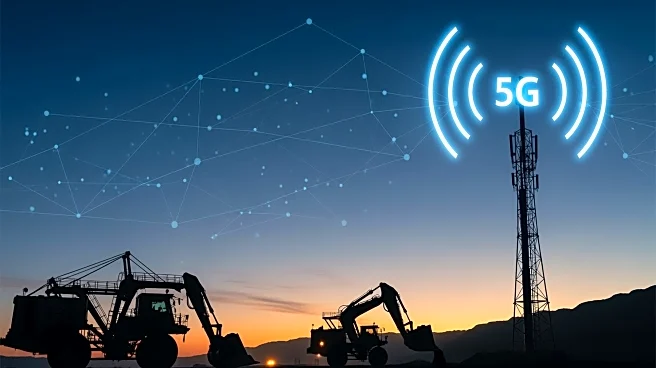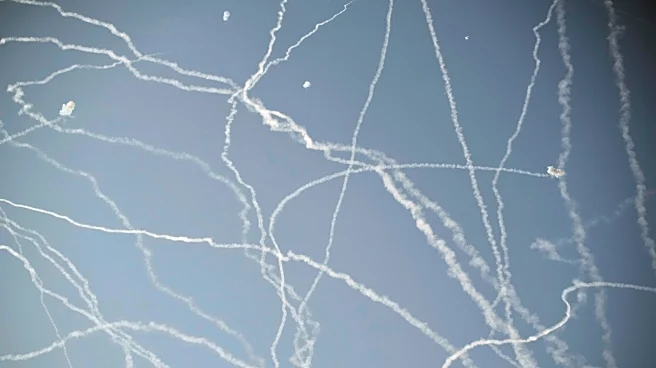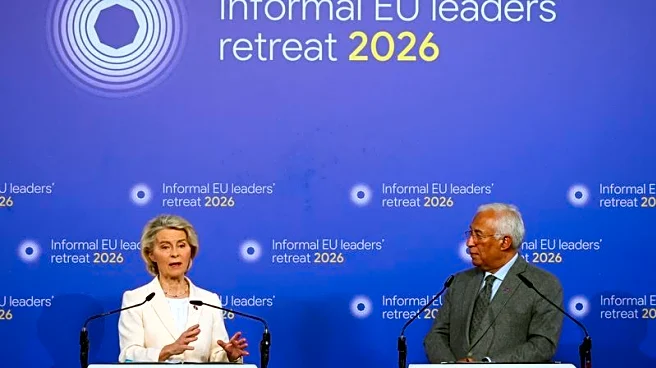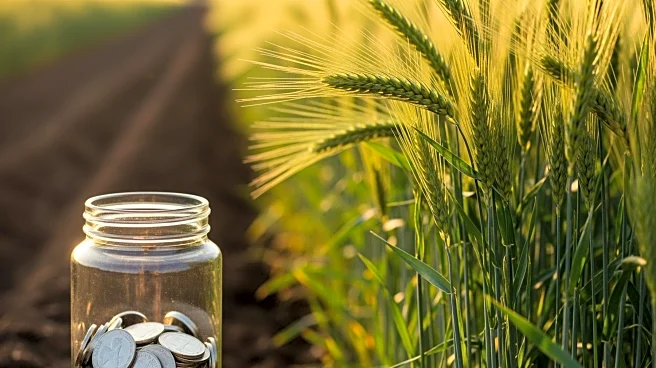MELBOURNE (Reuters) -BHP Group said on Thursday it would be forced to take "difficult decisions" for its metallurgical coal business in Australia if there were no regulatory changes to support it, its CEO said at its annual general meeting on Thursday.
BHP last month said it would suspend operations and cut 750 jobs at a Queensland coking coal mine it shares with a unit of Mitsubishi, blaming low prices and high state government royalties that have dented its returns.
"Without change, there's without
doubt going to be more difficult decisions that are going to be made," CEO Mike Henry said at the miner's annual general meeting.
Incoming chair Ross McEwan of the world's top miner and Australia's biggest company said that the critical minerals deal between the U.S. and Australia this week was a "good start".
U.S. President Donald Trump and Australian Prime Minister Anthony Albanese signed a critical minerals agreement aimed at countering China on Monday.
"I think, it's a little bit early to actually see the outcomes of what we see as a good meeting between the prime minister of Australia and the president of the United States. But I think it was a very good meeting to start those conversations," McEwan said.
BHP is a large producer of copper, iron ore and steelmaking coal, rather than in niche critical minerals markets, he added, although copper is increasingly regarded as a strategic metal given its outsize role in the energy transition.
Australia is quite well positioned to support the U.S. as it tries to derisk its critical mineral supply chain, Henry said, after he and two top Rio Tinto executives met with Donald Trump and Interior Secretary Doug Burgum in the Oval Office on August 19.
"I was impressed on just how fierce the focus is in the U.S. on getting more ... mines and processing facilities up and going," Henry said. BHP is looking with partner Rio Tinto to build the Resolution copper mine in Arizona, which could account for a quarter of U.S. demand for the metal.
"I think we should see (the agreement) as symbolically significant, in that it goes to just how seriously this issue has been put down and the position that Australia can play in supporting the U.S.," Henry said.
(Reporting by Melanie Burton in Melbourne and Renju Jose in Sydney; Editing by Himani Sarkar and Sonali Paul)
















